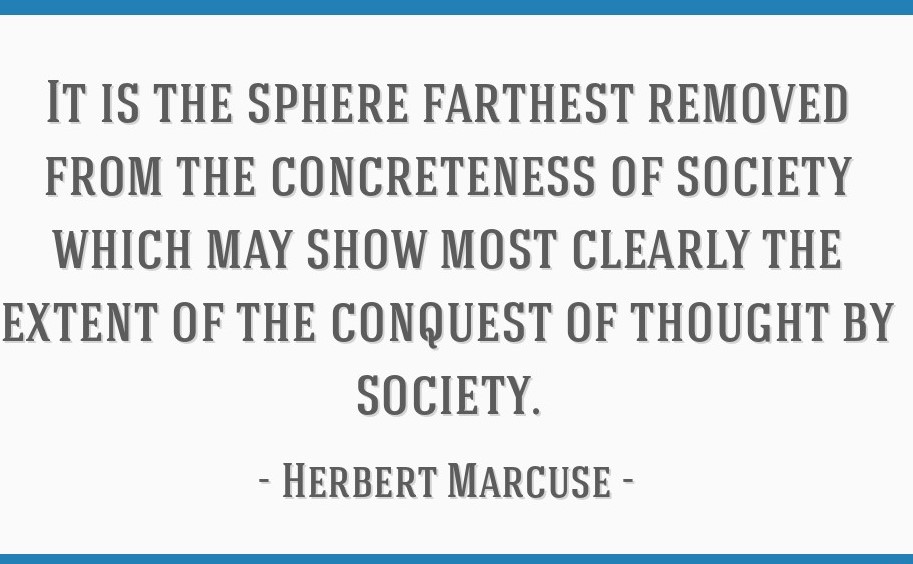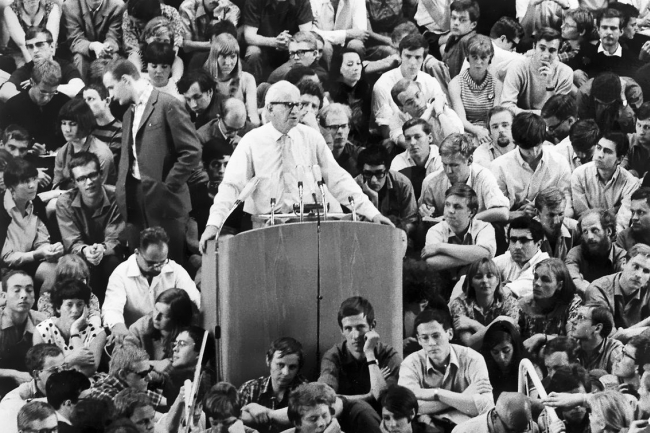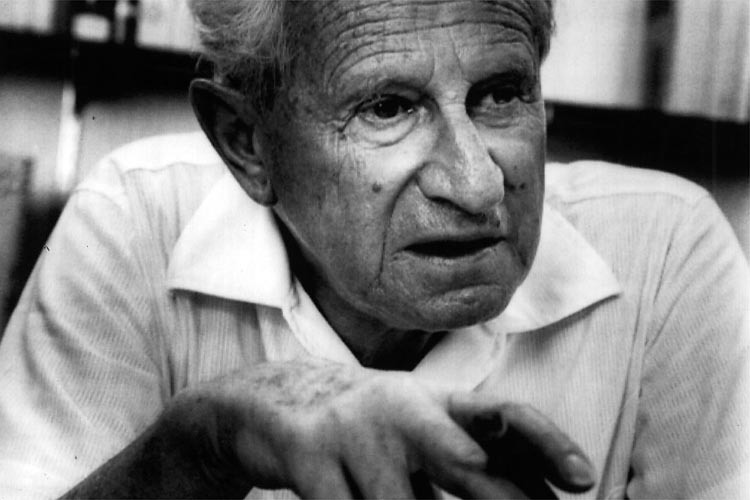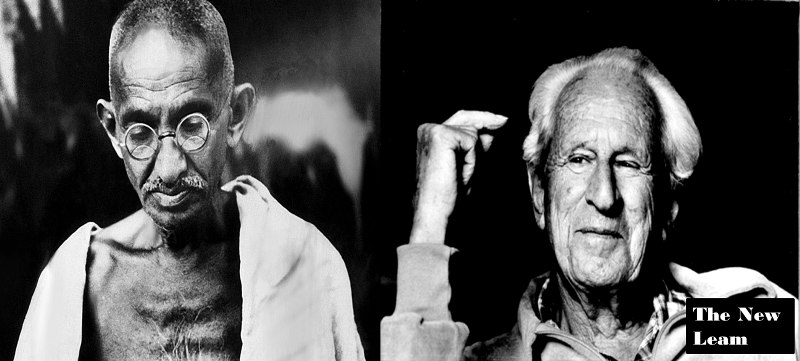We may distinguish both true and false needs. “False” are those which are superimposed upon the individual by particular social interests in his repression: the needs which perpetuate toil, aggressiveness, misery, and injustice. Their satisfaction might be most gratifying to the individual, but this happiness is not a condition which has to be maintained and protected if it serves to arrest the development of the ability (his own and others) to recognize the disease of the whole and grasp the chances of curing the disease. The result then is euphoria in unhappiness. Most of the prevailing needs to relax, to have fun, to behave and consume in accordance with the advertisements, to love and hate what others love and hate, belong to this category of false needs.

Such needs have a societal content and function over which the individual has no control; the development and satisfaction of these needs is heteronomous. No matter how much such needs may have become the individual’s own, reproduced and fortified by the conditions of his existence; no matter how much he identifies himself with them and finds himself in their satisfaction, they continue to be what they were from the beginning–products of a society whose dominant interest demands repression. The only needs that have an unqualified claim for satisfaction are the vital ones–nourishment, clothing, lodging at the attainable level of culture. The satisfaction of these needs is the prerequisite for the realization of all needs, of the unsubimated as well as the sublimated ones.

The distinguishing feature of advanced industrial society is its effective suffocation of those needs which demand liberation–liberation also from that which is tolerable and rewarding and comfortable–while it sustains and absolves the destructive power and repressive function of the affluent society.
Here, the social controls exact the overwhelming need for the production and consumption of waste; the need for stupefying work where it is no longer a real necessity; the need for modes of relaxation which sooth and prolong this stupefication; the need for maintaining such deceptive liberties as free competition at administered prices, free press which censors itself, free choice between brands and gadgets.
Free election of masters does not abolish the masters or the slaves. Free choice among a wide variety of goods and services does not signify freedom if these goods and services sustan social controls over a life of toil and fear–that is, if they sustain alienation. And the spontaneous reproduction of superimposed needs by the individual does not establish autonomy; it only testifies to the efficacy of the controls.
SOURCE: Herbert Marcuse, One-Dimensional Man








